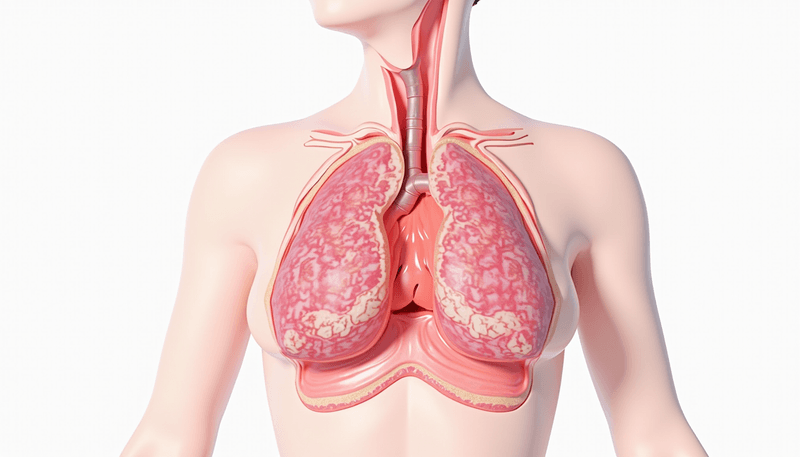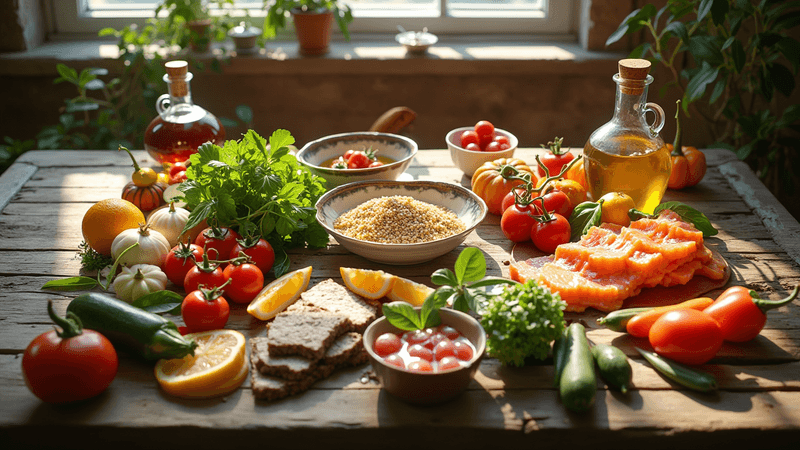Can Soy Really Help Your Breasts?

As a health writer who has personally navigated the complex terrain of hormonal changes, I'm excited to share groundbreaking research about soy and breast health. A fascinating study from Malaysia, published in Nutrients, offers new insights into how soy might protect our breasts - but timing is everything.
The Perimenopausal Window of Opportunity
Here's something that caught my attention: women who consumed soy during or shortly after menopause showed the most promising results. The study found that taking 100mg of soy isoflavones daily led to positive changes in breast tissue density - but only during this critical window.
Have you noticed changes in your breasts as you approach menopause? You're not alone. This transition period might be the perfect time to consider adding more soy to your diet.
Think of your breast tissue like a garden that's most receptive to nutrients during certain seasons. The perimenopausal period appears to be that optimal season for soy's protective effects.
Finding Your Sweet Spot with Soy
The research revealed an interesting pattern: moderate amounts of soy (40-60mg of isoflavones daily) showed better results than very high amounts. It's like finding the right temperature for a perfect cup of tea - too little won't have an effect, but too much might not help either.
Practical daily portions that provide moderate soy isoflavones:
- 1 cup of soymilk (25mg)
- 1/2 cup of tofu (25mg)
- 1/4 cup of edamame (25mg)
When I counsel my yoga students about nutrition, I often emphasize that consistency matters more than quantity. This research supports that approach - regular, moderate consumption appears most beneficial.
The Safety Factor: What You Need to Know
The study highlighted some important safety considerations. While most participants tolerated soy well, some experienced mild digestive issues or skin reactions. This reminds me of my own experience with introducing soy - starting slowly was key.
Important safety tips:
- Start with small portions and gradually increase
- Choose whole soy foods over supplements when possible
- Consult your healthcare provider if you have existing hormone-sensitive conditions
Ask yourself: How does your body respond to different forms of soy? Keep a food diary to track any patterns.
Putting It All Together
The research suggests that timing and moderation are crucial when it comes to soy's protective effects on breast health. Here's what you can do:
- If you're approaching menopause: Consider gradually incorporating moderate amounts of whole soy foods into your diet.
- If you're post-menopausal: Work with your healthcare provider to determine if and how much soy is right for you.
- For everyone: Focus on whole soy foods rather than supplements when possible.
Remember, there's no one-size-fits-all approach. The study showed that individual responses varied, and what works for one person might not work for another.
Ready to take action? Start by replacing one protein source in your diet with a moderate portion of whole soy foods this week. Notice how your body responds and adjust accordingly.
As someone who has navigated both personal health challenges and helped others through their wellness journeys, I can't emphasize enough the importance of being proactive about breast health. This research offers promising insights into how we might use something as simple as soy to support our breast health during key life transitions.
What steps will you take to incorporate these findings into your wellness routine? Share your thoughts and experiences in the comments below, and let's support each other in this journey toward better breast health.

Olivia Rose Chen-Martinez
Olivia Rose Chen-Martinez is a seasoned health and wellness writer with a focus on women’s health issues, including PCOS, perimenopause, and holistic wellness. With a background in Journalism and Public Health from UC Berkeley, Olivia draws on over 15 years of writing experience to deliver empathetic, research-backed insights. Her work blends personal anecdotes and actionable advice, resonating with readers seeking accessible and trustworthy information. Based in Austin, Texas, Olivia is also a certified yoga instructor and a dedicated advocate for balanced, integrative approaches to women’s health.






